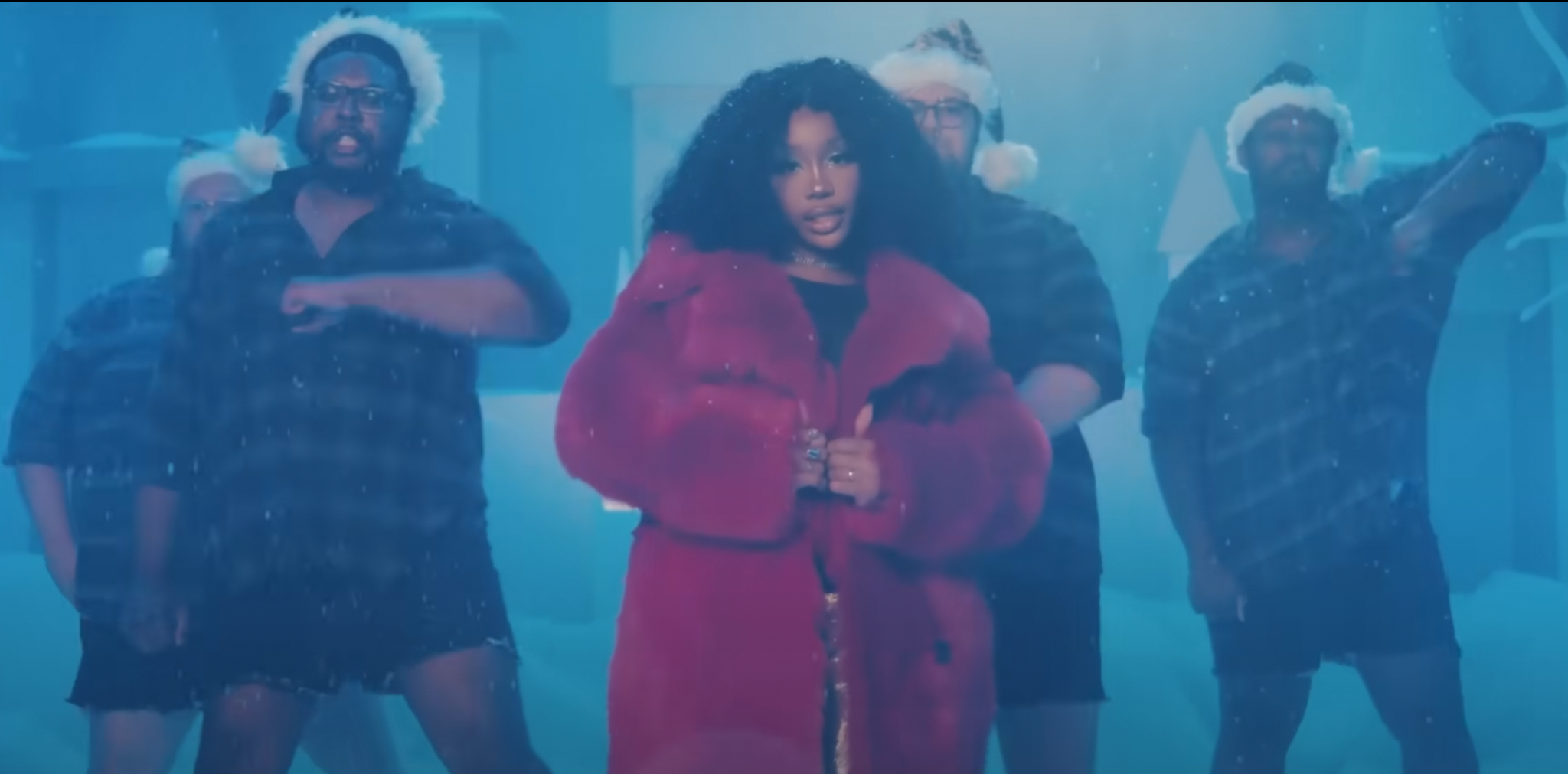
By Skye Sheehy
The leaves are falling, a cold breeze is blowing and jackets and blankets are being pulled out of storage — and for many, as winter approaches, so are relationships. Cuffing season is a term that describes the increased urge to couple up with a short-term romantic partner during the fall and winter months. Whether you’re looking for someone to bring home for the holidays or someone to snuggle up with in front of a fire, cuffing season has become immensely popular — primarily through the term’s use on social media (Saturday Night Live’s “Big Boys” musical sketch featuring SZA mentions cuffing season, and the song later became a popular audio on TikTok). But what does it really mean? And is this seasonal need for companionship simply a product of romance-centered holiday marketing, or part of a bigger human impulse?
While the phenomenon of cuffing season is easily explained by the desire to get cozy with someone through the cold months, there is evidence that it is part of an evolutionary response to the struggles winter brings. The Leakey Foundation, a scientific research nonprofit, claims that mammals’ inclination to engage in casual sexual relationships is present in humans. However, there is an evolutionary foundation of monogamy in humans based on care and protection. While this is still being debated in the scientific community, it seems logical that the basic human need for companionship, especially during the historically difficult season when food was scarce and conserving warmth was paramount, has translated into an inclination to get ‘cuffed’ as the cold sets in … In addition, studies have shown that female attractiveness varies seasonally for heterosexual men, perhaps due to this evolutionary propensity. A 2008 study by Polish researchers Boguslaw Pawlowski and Piotr Sorokowski found that when asked to rate the attractiveness of women’s photographs across different seasons, men were more likely to think of someone as attractive in winter compared to summer. The researchers speculated that this could be due to men becoming used to seeing women’s uncovered bodies in the summer as opposed to the winter, and this lack of novelty in the warmer months lowered their attractiveness in comparison. This theory, while logical, is rather crass and does not take into account women’s simultaneous tendency to participate in cuffing season.
Another explanation for cuffing season lies in the loneliness many people feel in winter and the mental health struggles that a lack of sun and warmth can bring. According to Mental Health America, around 5% of Americans experience seasonal depression. Saba Harouni Lurie, a licensed marriage and family therapist, told TODAY.com that seasonal depression, as well as regular winter blues, make people “less prone to go outside or engage in activities that would typically produce feel-good hormones like serotonin and oxytocin,” and that some people will “seek out more physical touch from their partners or to consciously or subconsciously seek partners to make up for that deficit.” Connecting with others, whether that be family, friends or a romantic partner, is a key strategy to combating seasonal depression; it can help you feel less alone and give you a sense of belonging.
Winter is full of holiday festivities, which often include family gatherings. Many find it easier to show up to said festivities with a partner, as an extra layer of protection. According to Lurie, arriving at a family party with a date can buffer the amount of intrusive questions about one’s personal life, which can prove stressful during an already emotionally charged time of year. The pressure some may feel to present their family with a new beau can be intensified by increasing social pressures displayed throughout society. Rom-coms are constantly preaching the need to bring someone home for the holidays, and activities like haunted houses, sleigh rides and holiday parties can be events where people feel like they should be partnered. With so much affection displayed on screens and in social situations, it makes sense that people would want to cuff someone of their own to experience that with.
However, some feel that the exhilaration of cuffing season can be detrimental. Kareiana Taumaletia (‘28) spoke of her own experience with cuffing season, saying, “It was a filler, a cool little thing. But at the end of the day I still only had me.” While it can be fun to have someone to curl up in front of a fireplace with, cuffing season is not a cure-all for the struggles that can come with the cold and darkness of winter. Taumaletia added, “it’s great to not be isolated, but also drowning out your own sadness or your own issues with other people does not make it go away. It’s gonna come back nonetheless.” She advised that we should “learn to like being alone before you try and get cuffed, especially during cuffing season.” No matter what — or who — you decide to enjoy this holiday season, make sure you’re doing it for you, not for the pressure of the perfect winter romance.
